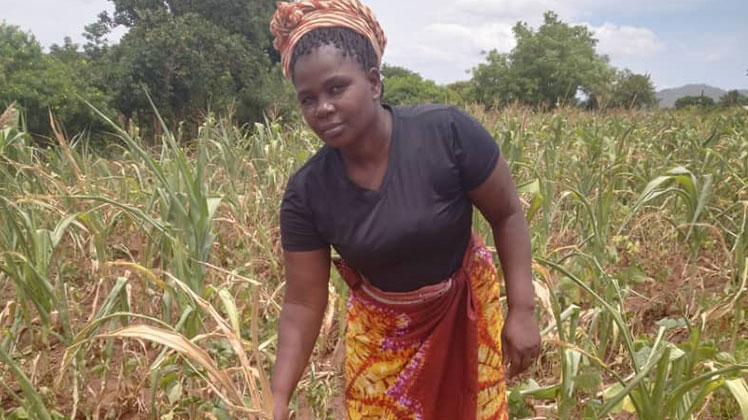Namanja, Mapira beaches of Lake Chirwa dry
 Namanja and Mapira beaches of Lake Chirwa in Machinga have dried up, forcing some fishers to abandon their boats at Swang’oma beach in Phalombe.
Namanja and Mapira beaches of Lake Chirwa in Machinga have dried up, forcing some fishers to abandon their boats at Swang’oma beach in Phalombe.
The situation has also caused friction between fishers from Swang’oma and those from the two beaches, who accuse the visiting fishers of engaging in prostitution and defaecating in the water thereby putting the locals at risk of waterborne diseases.
These observations were made during a stakeholders’ consultation on the drying of Lake Chirwa facilitated by Leadership for Eastern Africa Development (Lead) last week.
During the discussions, stakeholders observed that most female-headed families go to the lake either to buy fish or to engage in prostitution with fishermen from other areas.
Lead director Professor Sosten Chiotha said in an interview that it was displeasing to note that Namanja and Mapira beaches have dried up. He added that all fishers have been forced to trade at Swang’oma, saying this had brought too many problems to the people of Phalombe.
Chiotha said if the rains do not come this year, people might experience what happened in 1995 when the lake dried up, saying the most affected would be the female-headed families.
“We drove 10 kilometres without getting water at Namanja in T/A Kainga and Mapira in Mposa area in Machinga, and fishermen from these beaches flock to Swang’oma beach in T/A Chiwalo in Phalombe.
“What we saw were structures made from grass from the lake banks known as Mbowela and people who live there have no toilets and are accused of defaecating in the lake that brings fear of water-borne diseases. ” said Chiotha.
Jackson Herema from Mpale in Mangochi who started his fishing business in 2000 has built his two blocks for renting business.
“The drying up of the lake has brought us much fear. We don’t know what we will be doing next; hence, the building of my two blocks for rent. I have bicycles, a good house and now I have built these blocks,” said Herema.
Fishers from Mapira travel four hours to reach the lake as they have to push the boats half the time in the waterless lake.
Mapira beach is now full of deserted boats and some fishers are now using their boats to ferry goods like sugar canes and bicycles and to transport people to Mpale, a journey which takes four hours.
Chiotha claims that 60 percent of water has been lost to land which he described as the worst as far as water lake was concerned.
“This Lake Chilwa drying visits will help us as we are developing Climate Change Adaptation Policy for this lake. The main aim of this visit is to alert government as to what was happening to the lake for it to take necessary measures for people’s survival after it had completely dried up,” he said.
Dr Clement Chilima, deputy director of forestry at the Forestry Research Institute of Malawi said they are working with communities to fight climate change effects by urging them to plant trees 15 metres away from the lake banks as one way of saving it.
Lake Chilwa is surrounded by Zomba, Machinga and Phalombe districts.





